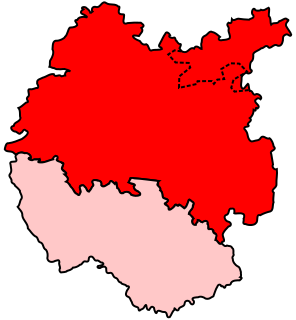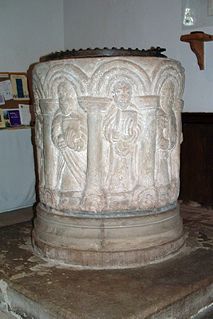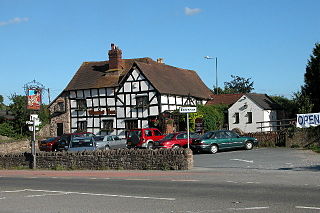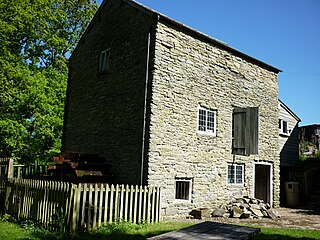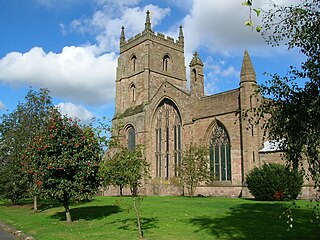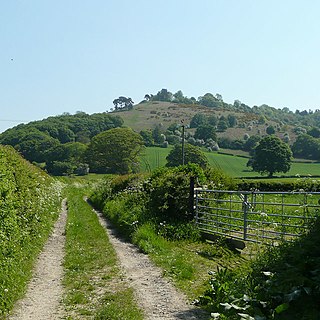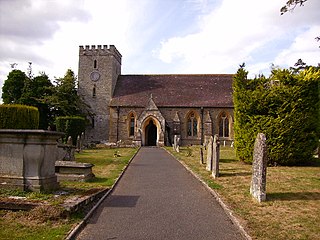Coordinates: 52°13′47″N2°44′10″W / 52.229861°N 2.736134°W

A geographic coordinate system is a coordinate system that enables every location on Earth to be specified by a set of numbers, letters or symbols. The coordinates are often chosen such that one of the numbers represents a vertical position and two or three of the numbers represent a horizontal position; alternatively, a geographic position may be expressed in a combined three-dimensional Cartesian vector. A common choice of coordinates is latitude, longitude and elevation. To specify a location on a plane requires a map projection.

Leominster nunnery was an Anglo-Saxon nunnery at Leominster, Herefordshire, England. Founded in the ninth century, the nunnery is known to have been active in the eleventh century. [1] The exact location of the nunnery is not known, but it may have been the site later occupied by Leominster Priory, a twelfth-century foundation.
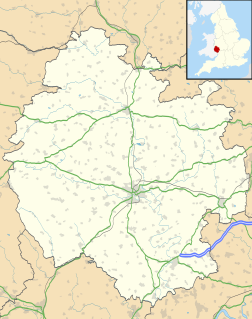
Leominster is a market town in Herefordshire, England, at the confluence of the River Lugg and its tributary the River Kenwater 12 miles (19 km) north of Hereford and 7 miles south of Ludlow in Shropshire. With a population of 11,700, Leominster is the largest of the five towns in the county.

Herefordshire is a county in the West Midlands of England, governed by Herefordshire Council. It borders Shropshire to the north, Worcestershire to the east, Gloucestershire to the south-east, and the Welsh counties of Monmouthshire and Powys to the west.

England is a country that is part of the United Kingdom. It shares land borders with Wales to the west and Scotland to the north-northwest. The Irish Sea lies west of England and the Celtic Sea lies to the southwest. England is separated from continental Europe by the North Sea to the east and the English Channel to the south. The country covers five-eighths of the island of Great Britain, which lies in the North Atlantic, and includes over 100 smaller islands, such as the Isles of Scilly and the Isle of Wight.


